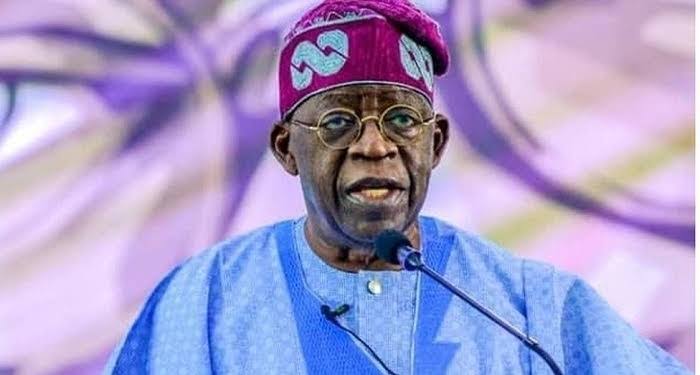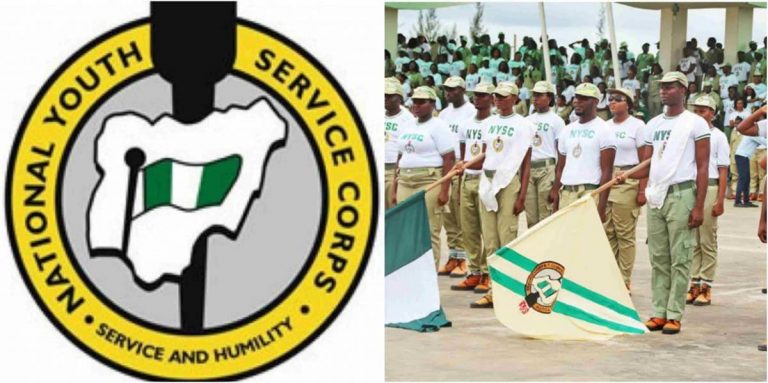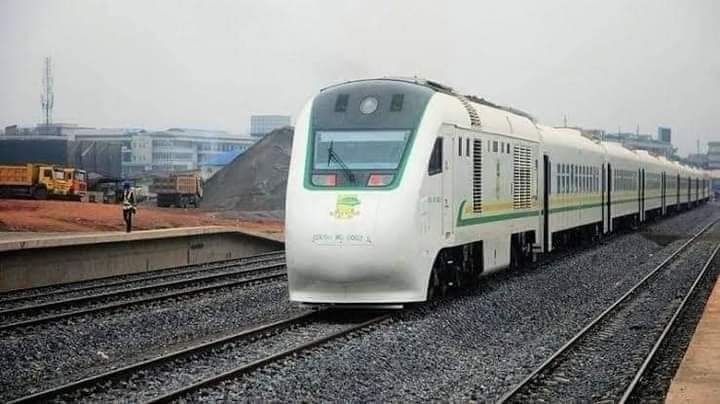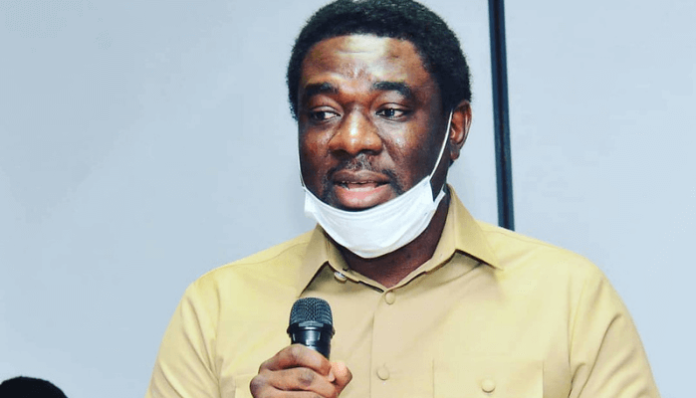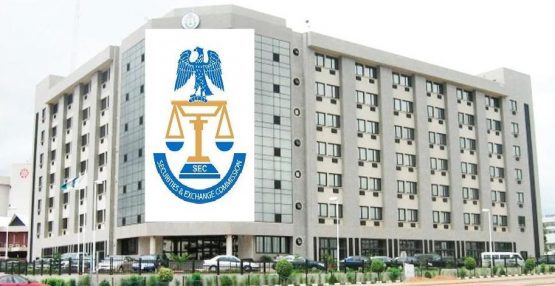The Federal Government has said it spends N200bn to subsidise electricity monthly.
According to the government, this amount benefits the wealthiest 25 per cent of Nigerians rather than those who truly need assistance.
The Special Adviser to President Bola Tinubu on Energy, Olu Verheijen, stated this in a statement on Monday.
Verheijen is reacting to reports quoting her as stating that the electricity tariff would soon be jerked up by two-thirds in order to strengthen the power sector.
The special adviser did not deny the looming tariff hike, she however maintained that she did not say the tariff would be raised by 65 per cent.
“It has become necessary to clarify media reports suggesting an imminent 65 per cent increase in electricity tariffs.
“This is a misrepresentation of what I actually said in a recent press interview. I highlighted the fact that, following the increase in Band A tariffs in 2024, current tariffs now cover approximately 65 per cent of the actual cost of supplying electricity, with the Federal Government continuing to subsidise the difference,” she said.
Verheijen noted that while the government was indeed committed to ensuring fairer pricing over the long term, the immediate focus is on taking decisive action to deliver more electricity to Nigerians, ensure fewer outages and guarantee the protection of the poorest and most vulnerable Nigerians.
In line with these, she disclosed that the Federal Government’s power sector priorities include working towards a targeted subsidy system to ensure that low-income households receive the most support.
“Today, the Federal Government spends over ₦200 billion per month on electricity subsidies, but much of this support benefits the wealthiest 25 per cent of Nigerians rather than those who truly need assistance. To address this, the Federal Government is working towards a targeted subsidy system to ensure that low-income households receive the most support. This approach will make electricity more affordable and accessible for millions of hardworking families,” she stated.
On the fear that unmetered customers would be made to pay for services not enjoyed if the tariff is increased now, she stressed that the Federal Government would address this through the Presidential Metering Initiative.
“One of the most significant steps in this reform is the Presidential Metering Initiative, which is accelerating the nationwide rollout of 7 million prepaid meters, starting this year. This will finally put an end to the practice of estimated billing, giving consumers confidence in what they are paying for and ensuring transparency in electricity charges.
“Metering will also improve revenue collection across the sector and will attract the investments needed to strengthen Nigeria’s power infrastructure,” she explained.
He revealed that the Federal Government is addressing one of the major roadblocks to improved service: the mounting debts owed to power generation companies.
“For years, these debts have prevented investments in new infrastructure and hampered efforts to improve electricity supply.
“By clearing these outstanding obligations, the government is ensuring that power companies can reinvest in better service delivery, stronger infrastructure, and a more stable electricity supply for all Nigerians,” she said.
Verheijen added that through a range of fiscal incentives, including Value Added Tax and Customs Duty Waivers, the Federal Government is working to lower the cost of alternative power sources such as Compressed Natural Gas and Liquified Petroleum Gas.
She added, “The government fully understands the economic realities facing citizens and is committed to ensuring that reforms in the power sector lead to tangible improvements in people’s daily lives.
“Every policy is designed with the Nigerian people in mind — eliminating unfair estimated billing, ensuring that subsidies benefit the right people, and creating the conditions for stable, affordable electricity.
“These reforms are laying the foundation for better service delivery, expanded access to electricity for homes and businesses, and unlocking prosperity for all Nigerians.”
